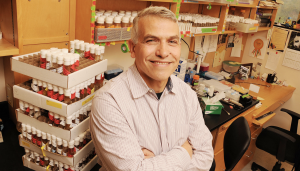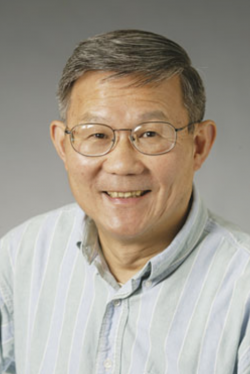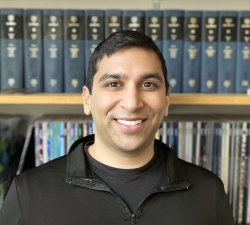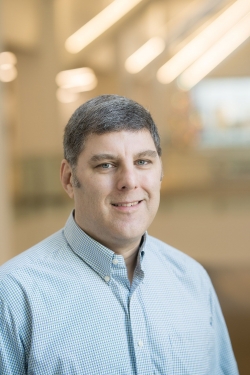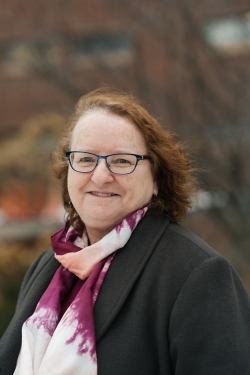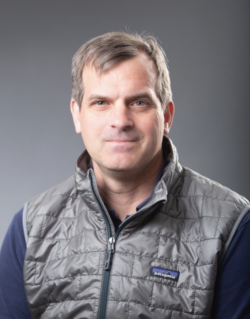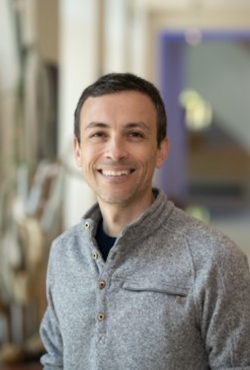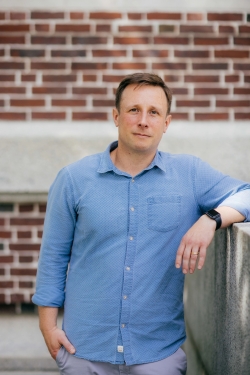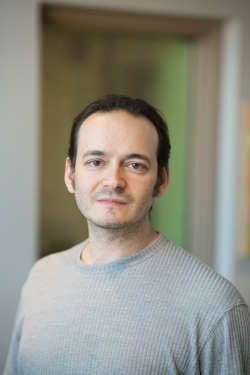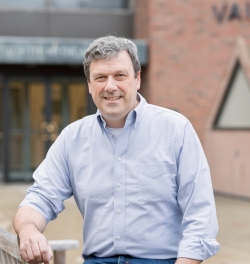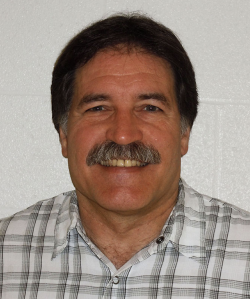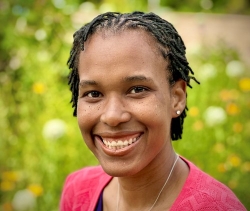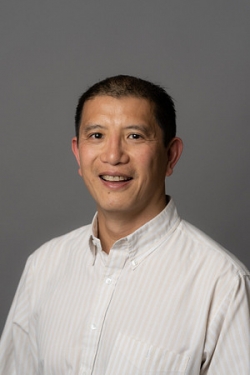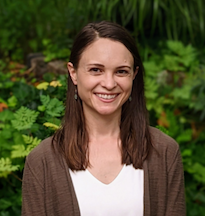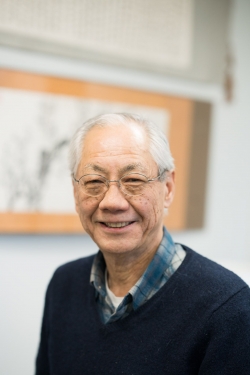Assistant Professor of Radiation Oncology and Member of Dartmouth Cancer Center
Office: 662 Rubin Building
Dr. Pointer is a physician-scientist who completed her MD and PhD in the Medical Scientist Training Program at the University of Wisconsin. She completed her Radiation Oncology residency at the University of Chicago as a Holman Research Fellow. She joined Dartmouth as an Assistant Professor this year and is excited to be a part of the MCB program and mentor students. Dr. Kelli Pointer's research group focuses on ways to overcome radiation resistance in cancer treatments by using preclinical and translational research approaches. The main focus of her laboratory is on glioblastoma, which is the most aggressive and malignant primary brain tumor. Despite combination therapy with radiation, chemotherapy, and surgery patients with glioblastoma still have poor prognoses. Her lab focuses on identifying biomarkers and pathways of radiation resistance in these tumors that can be targeted and ultimately translated into clinical practice. One focus of her lab is on mesenchymal transformation that paradoxically occurs during radiation treatment and causes resistance, including changes in the tumor microenvironment. Her lab also focuses on understanding the tumor-normal brain interface. The research in her laboratory is translational. Thus, projects involve the use of clinical samples and data, mouse modeling, molecular techniques, and genomic datasets that involve a multidisciplinary approach.
Website | Email | PubMed | Geisel Profile
